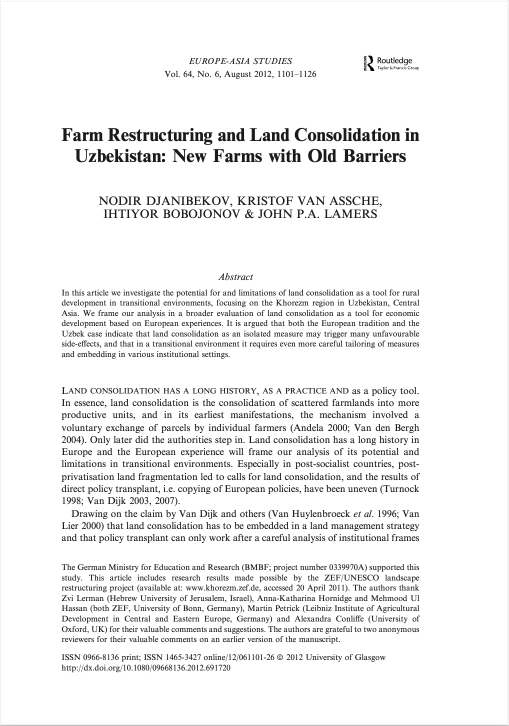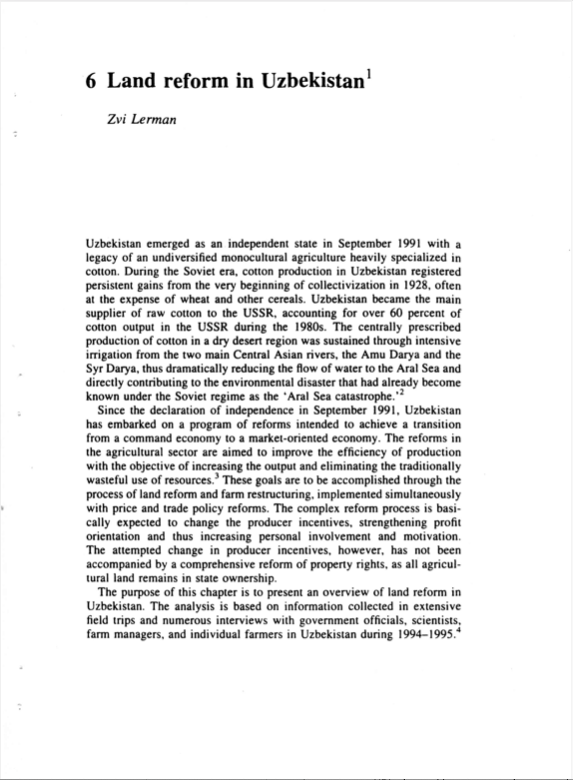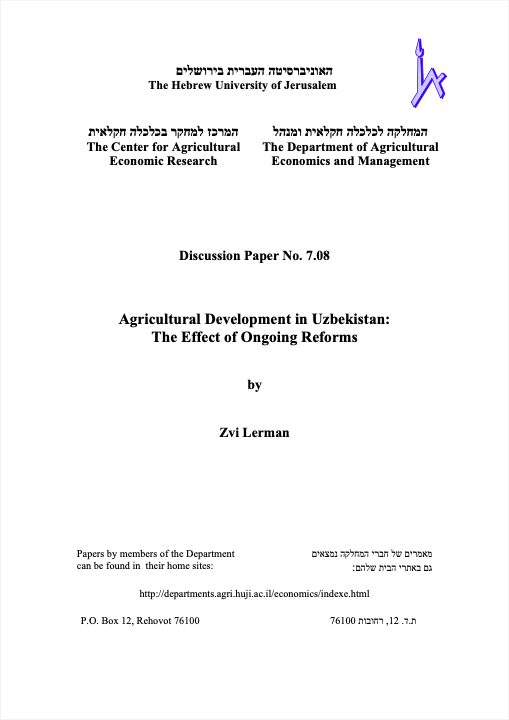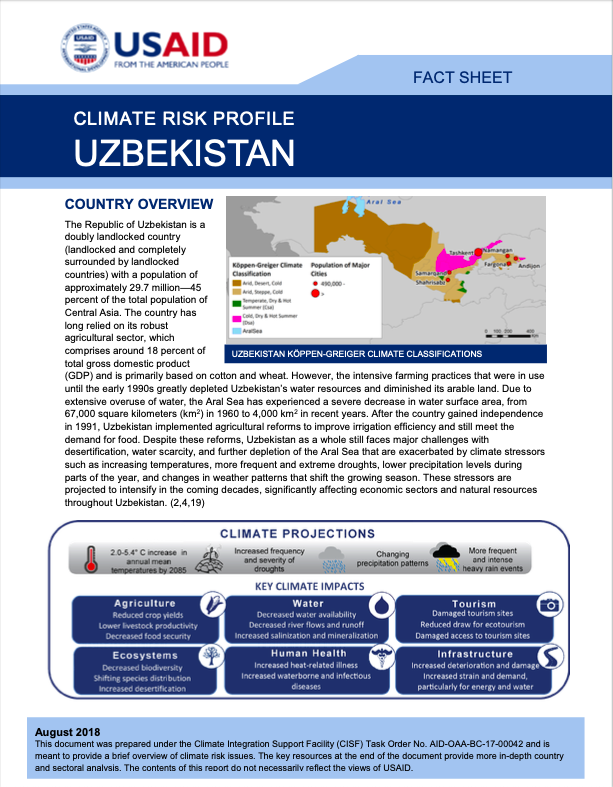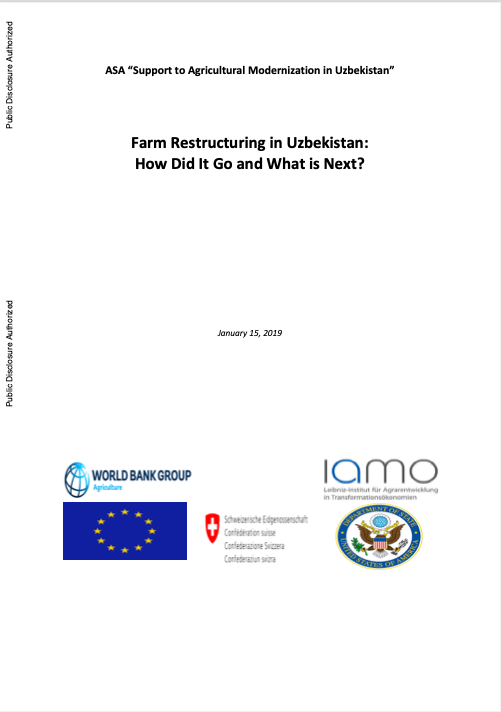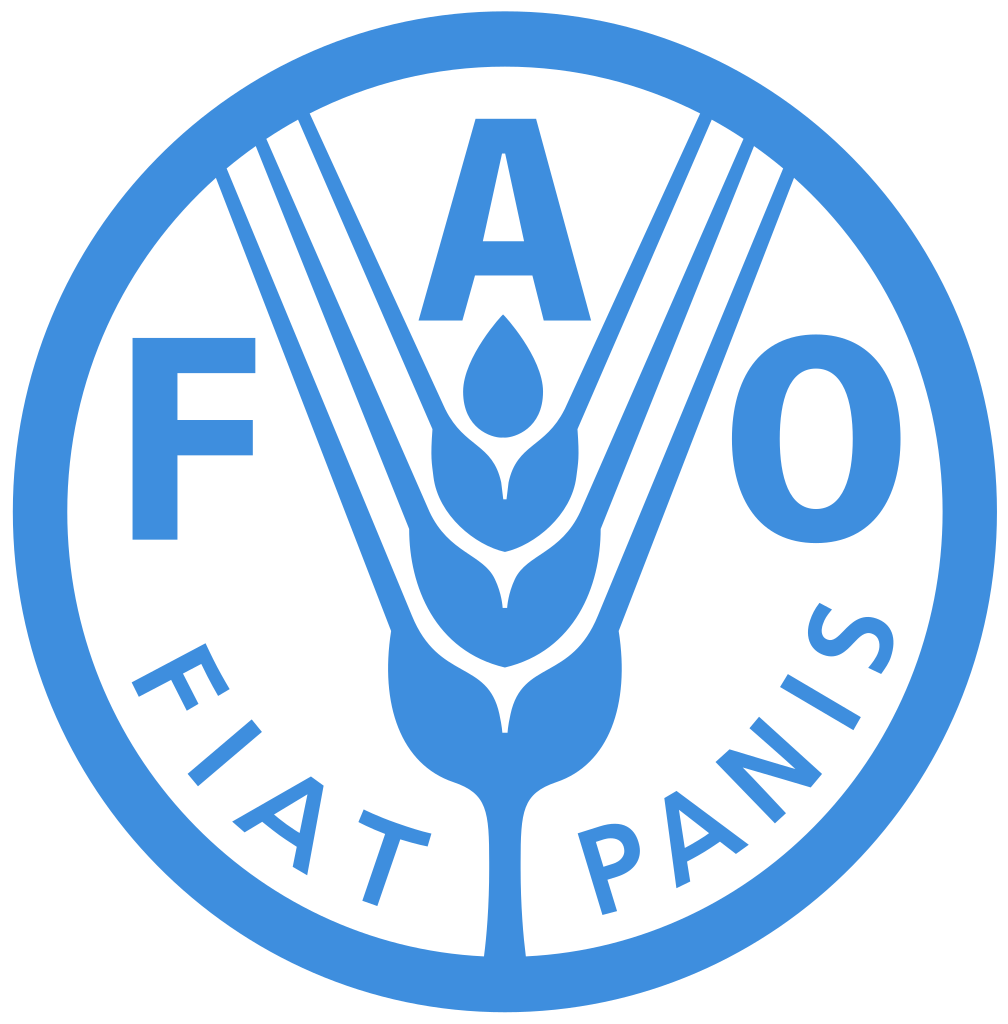Farm Restructuring and Land Consolidation in Uzbekistan: New Farms with Old Barriers
In this article we investigate the potential for and limitations of land consolidation as a tool for rural development in transitional environments, focusing on the Khorezm region in Uzbekistan, Central Asia. We frame our analysis in a broader evaluation of land consolidation as a tool for economic development based on European experiences.

